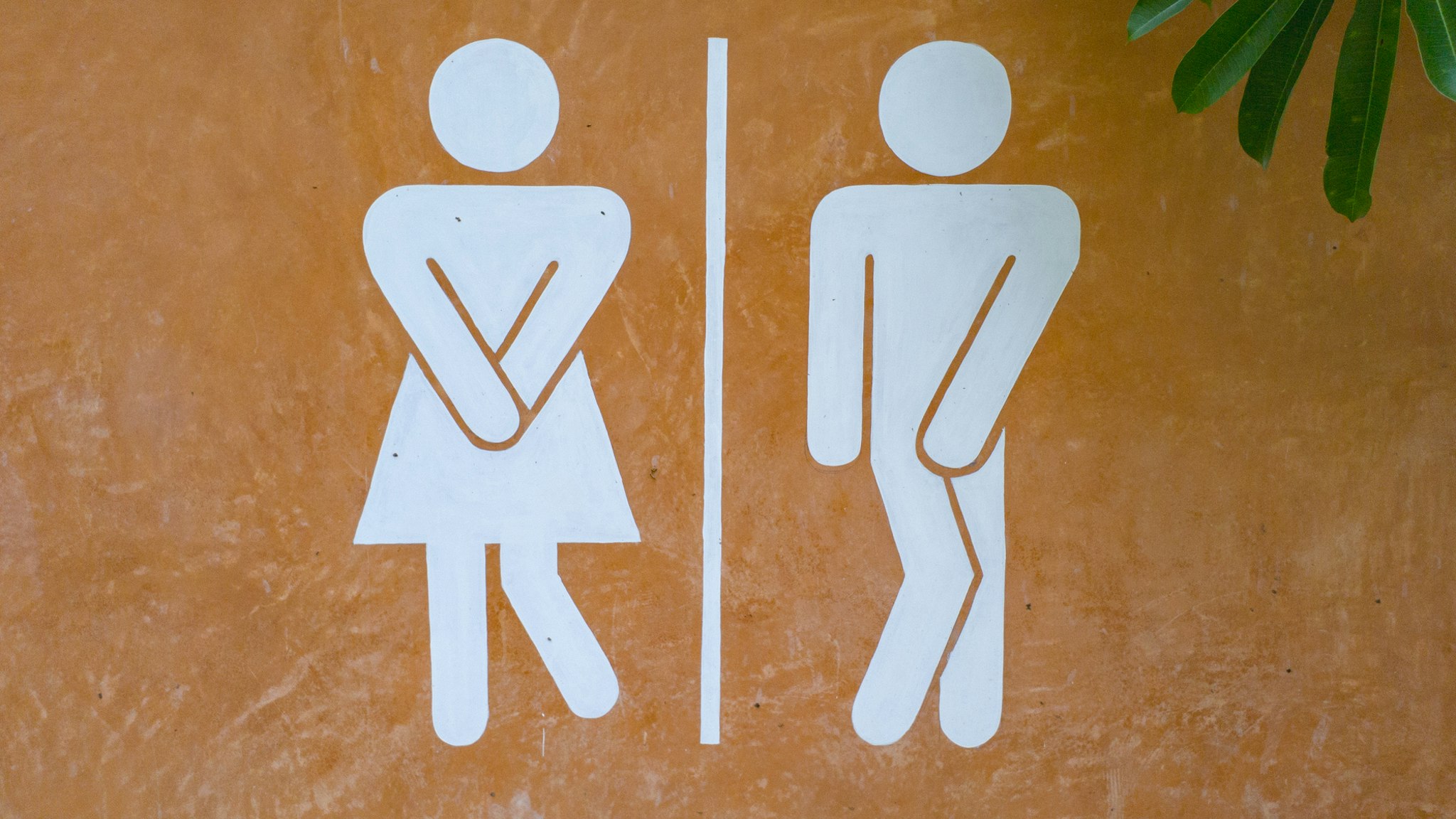Virginia’s Department of Education was required by law to create model policies for school boards regarding treatment of transgender students no later than December 31, 2020. The draft model policies are now public and require schools to use students’ preferred pronouns and to allow students to use the bathroom of their choice without question.
The document lists the names of the people who created it, along with their preferred pronouns, most of whom use the obvious pronouns associated with their name. The document also includes a glossary of terms, one of which is “sex assignment” which is defined as: “A label, generally ‘male’ or ‘female,’ that is typically assigned at birth on the basis of a cluster of physical and anatomical features. Intersex refers to someone whose combination of chromosomes, gonads, hormones, internal sex organs, and genitals differs from the two expected patterns of male or female.”
Students need not prove in any way that they actually are transgender, the policies state. No “diagnosis, treatment, or legal documents” are necessary for students to assert their gender is different from their biological sex and gain access to what’s offered to transgender students.
The document states that faculty and students are to use students’ preferred pronouns or face disciplinary action, as this is considered a form of harassment. In addition, faculty and staff are to be told to create “short-term solutions” should a student’s parent or guardian not accept their claims of transgenderism. Such a plan “may include addressing the student at school with their asserted name and pronoun while using the legal name and pronoun associated with the sex assigned at birth when communicating with parents or guardians.” Of course, school staff are also encouraged to provide families that aren’t on board with the claims with information to get them in line, which can include calling Child Protective Services if they feel a student “is being abused, neglected, or at risk of abuse or neglect by their parent due to their transgender identity.”
Schools will also need to make changes to their records systems, since some transgender students haven’t legally changed their name and sex. Schools are told to keep their legal name and sex private if they are using a different name and claiming to be a different sex.
School staff are also not allowed to question students entering the bathroom or locker rooms that do not comport with their outward appearance or sex. In addition, if schools are planning new facilities, they should consider “single-user, gender-inclusive restrooms or changing areas.” Students who simply want more privacy in the restroom or locker room should be accommodated in a way that doesn’t make them feel stigmatized. These policies all apply to overnight trips as well.
Further, school staff are instructed to help students come to terms with their “gender identity” without involving or informing their parents or guardians. The Virginia Catholic Conference noted that approving the draft policies “would undercut parents’ involvement in the life of their children at school, and endanger the bodily privacy and safety of all students.”
“Take action to protect children and parental rights in public schools. … Schools should not be accommodating the especially harmful view that youth is an appropriate time to be encouraging, in some cases, irreversible ‘gender transitions,” the VCC added.

